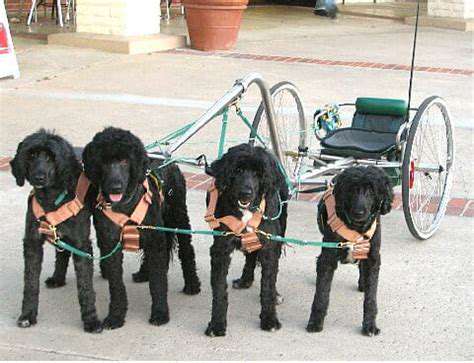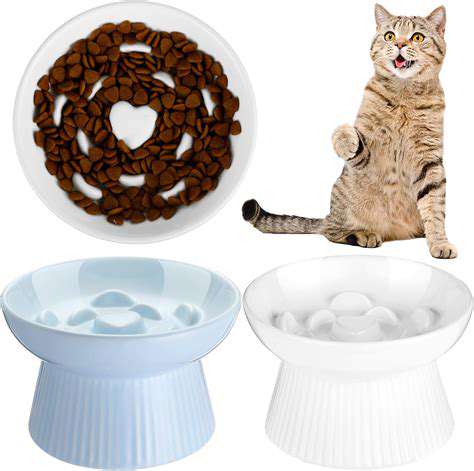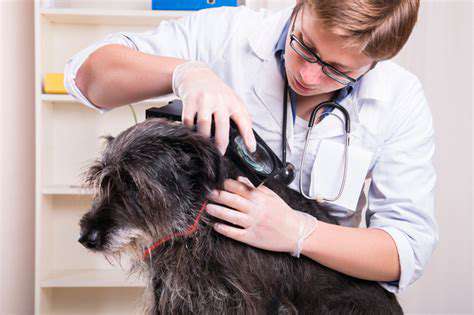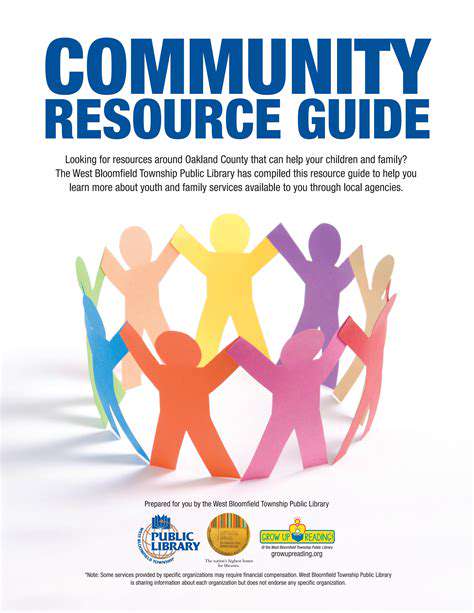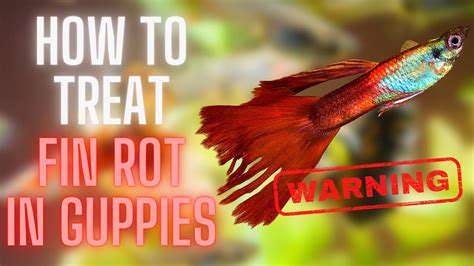Living with a Senior Pet: Joy and Challenges
Senior Dog Health: Common Concerns
As our canine companions age, they become more susceptible to various health issues. Senior dogs often experience a decline in mobility, decreased appetite, and changes in their sleep patterns. Recognizing these early signs is crucial for proactive veterinary care, allowing for timely interventions and improving the quality of life for our aging pets. Veterinarians can provide guidance and support in managing these changes and ensuring your senior dog's comfort and well-being.
Common age-related concerns include arthritis, dental disease, and vision or hearing impairment. These conditions can significantly impact a senior dog's daily life, and early detection can make a world of difference in their overall health and happiness. Proactive veterinary care involves regular check-ups, monitoring for subtle changes, and open communication with your veterinarian.
Maintaining Mobility and Joint Health
Maintaining mobility is a significant concern for senior dogs. Arthritis and other joint issues can severely limit their ability to move around comfortably. Veterinary care can include recommendations for joint supplements, weight management, and physical therapy. Understanding the signs of discomfort and mobility limitations is critical in ensuring your senior dog can continue to enjoy their favorite activities, like walks and playtime.
Providing a supportive environment, such as ramps or orthopedic bedding, can also greatly improve their comfort level and encourage movement. Regular exercise, tailored to their capabilities, is also crucial for maintaining muscle strength and joint health. A balanced diet and weight management play a vital role as well.
Dietary Needs for Senior Dogs
Senior dogs have unique nutritional needs compared to younger dogs. Their metabolism slows down, and their digestive systems may not process food as efficiently. Veterinary nutritionists can provide tailored dietary recommendations that address these specific needs. A diet rich in easily digestible proteins and essential nutrients is often recommended.
Senior dog diets often need increased levels of certain vitamins and minerals to support joint health, cognitive function, and overall well-being. It is vital to ensure your senior dog is receiving the correct nutrients to maintain energy levels, support their immune system, and promote optimal health.
Cognitive Function and Senior Dog Dementia
Cognitive decline is another potential health concern for senior dogs. Senior dog dementia, often referred to as canine cognitive dysfunction (CCD), can manifest in various ways, including changes in behavior, disorientation, and sleep-wake cycle disturbances. Veterinary professionals can diagnose and manage these conditions with appropriate strategies and medications.
Dental Health and Oral Care
Dental health is crucial for senior dogs, as gum disease and tooth loss can lead to pain, infection, and other health problems. Regular dental check-ups and professional cleanings are essential for maintaining oral hygiene. At-home dental care, including brushing and special dental chews, can also significantly contribute to their overall well-being.
Senior dogs may require more frequent dental care due to increased tartar buildup and potential gum issues. Open communication with your veterinarian about oral hygiene practices is critical to maintaining your senior dog's overall health.
Vision and Hearing Impairment
Age-related vision and hearing loss can impact a senior dog's ability to interact with their environment. These sensory changes can lead to behavioral changes, such as disorientation or anxiety. Veterinary care can include recommendations for adjusting the living environment to support their diminished sensory perception, as well as providing emotional support and enrichment activities.
Early detection and proactive management of vision and hearing loss can significantly improve a senior dog's quality of life. Understanding these changes and making appropriate adjustments in their living environment can make a significant difference in their comfort and overall well-being.
Read more about Living with a Senior Pet: Joy and Challenges
Hot Recommendations
- Review: [Specific Brand] Small Animal Cage
- Why Rescuing Pets Saves Lives
- Best Pet First Aid Kits [What to Include]
- How to Help Stray Animals in Your Community
- Guide to Adopting a Pet When You Have Kids
- Top Reptile Heat Lamps
- Heartwarming Rescue Stories That Will Inspire You
- Review: [Specific Brand] Bird Cage
- Best Aquarium Filters [2025 Review]
- Review: [Specific Brand] Smart Litter Box
